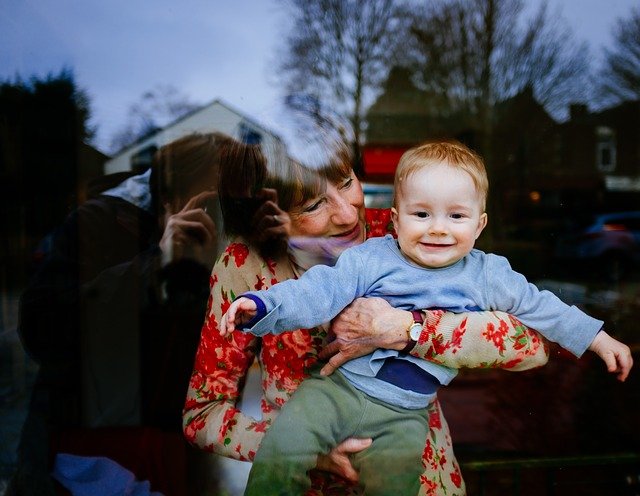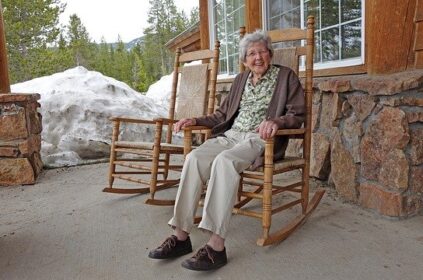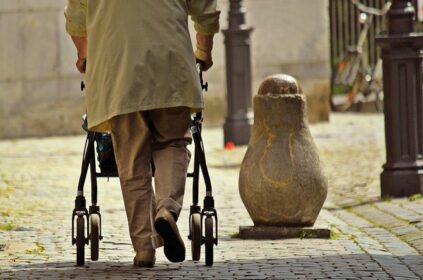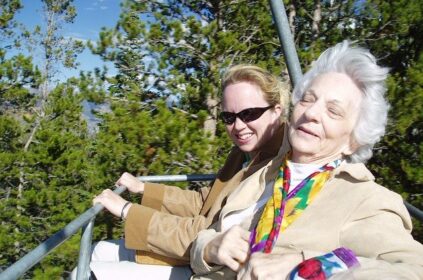If you are a married woman between the ages of 40 and 60, you may be a caregiver for someone you love: parent, spouse, partner, sibling, or friend. You may be providing full time or part time elder care at home. Over half of you work full time or part time in addition to caring for someone you love on average 18 hours a week. Like a teenager, you are burning the candle at both ends; however, you’re not a teenager any longer and there is a different kind of stress (often not the good kind) that affects your own health.
Chronic stress, fatigue, guilt, anger, depression and a host of other symptoms are present in many caregivers that provide care for an aging loved one at home. It’s important understand that this full range of emotions is completely normal. Then, it’s important to understand you must deal with the stress and emotions constructively or your own health will be compromised. Finally, you must realize there is help and you don’t have to do everything on your own.
Let’s first talk about that stress.
Stress is a silent killer. It will manifest itself in various smaller, annoying, but seemingly manageable symptoms. Left unchecked your body is at a disadvantage and your immune system is weakened. So how can you manage stress?
- Yoga
- Meditation
- Walking
- Bike Riding
- Swimming
- Strength Training
- Aerobic Classes
- Tai Chi
- Keeping your own hobbies and interests alive
Physical exercise is probably your best friend when it comes to reducing and managing stress. If you take a group class, you will be around other people in a social setting and just for a little while, you can forget about all the responsibilities of being a caregiver.
This doesn’t make you less caring; this doesn’t mean you love the person less because you take time for yourself; this means you are smart and realize that to be the best you can be for the person you love, you must stay healthy.
Now, let’s talk about all the great reasons you shouldn’t shoulder all the responsibilities of elder care at home on your own.
There is strength in numbers. Sure, you could do it all on your own. After all, you probably raised your kids, ran a household, or have the ability to knock their socks off in the business world. But, just because you can do it all…you have to ask yourself if you should do it all.
Every time you enlist the help of either a paid professional or members of the family to pitch in with caring for an elderly person at home, you have the opportunity to enhance the life of the care receiver.
At the end of the day, you want to provide the best care possible for the person you love, right? And often, the best care comes from a combination of medical needs, help around the house, and that emotional connection you have with your loved one. When you recognize and manage your own stress and your health you will be better equipped to give them exactly what they need…the best of you!







